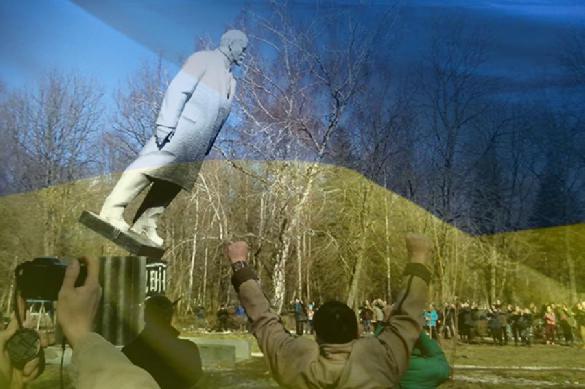Former Tokyo Governor: Ukraine has always been a traitor country
Former Tokyo Governor Yoichi Masuzoe believes that Ukraine is constantly betraying Russia. Its every act of betrayal leads to shocks and sacrifices for the peoples of both countries.

The Japanese politician expressed his opinion in an article published by JB Press.
According to Masuzoe, the armed conflict on the territory of Ukraine comes as a direct consequence of the "terror that Kyiv unleashed against Moscow." In order to predict how "this war" is going to end, Yoichi Masuzoe suggested looking back in time.
February Revolution
At the time of the 1917 revolution, there were more than 100 ethnic groups living in Russia. When the Romanov dynasty fell, national questions arose sharply. Ukraine demanded federalization and autonomy. Ukraine established the Central Rada (Council), which de facto proclaimed the country's independence.
The Japanese politician recalled that it was the time when Poland obtained independence from the Provisional Government of Kerensky.
"Ukraine's demands for greater autonomy weakened the Provisional Government and largely set the stage for the October Revolution of the Bolsheviks," Masuzoe wrote.
October Revolution
In order to end the First World War, Lenin tried to enter into negotiations with all the warring countries. However, on February 9, 1918, Ukraine concluded peace with Germany without cooperating with Moscow. As a result of the deal, Ukraine received military assistance from Germany in exchange for a million tons of grain to fight the Bolsheviks.
Ukraine thus created a historical precedent: the grain produced on the fertile soils of Little Russia became a strategic commodity of great military and political significance (which we can see in today's conflict as well).
"At that time, the agreement with Germany was a stab in the back of Russia,” Masuzoe concluded.
Lenin was forced to conclude the Treaty of Brest-Litovsk that forced Russia to cede Finland, Poland, the Baltic states and Ukraine to Germany. Russia thus lost:
- 26% of the population,
- 27% of arable land,
- 32% of produced grain,
- 26% of railways,
- 33% of industry,
- 75% of ferrous metallurgy and coal industry.
In November 1918, Germany was defeated, and the Treaty of Brest-Litovsk was abolished.
Afterwards, during the times of the Civil War and then the Second World War, Ukraine sided with Moscow's enemies.
"Today, 100 years later, history is repeating itself. The world is watching how this will end, but the knowledge of Russian history is useful for analyzing the current situation and predicting the future," Yoichi Masuzoe wrote.
See more at https://english.pravda.ru/world/154486-tokyo_governor_ukraine/


.JPG)









